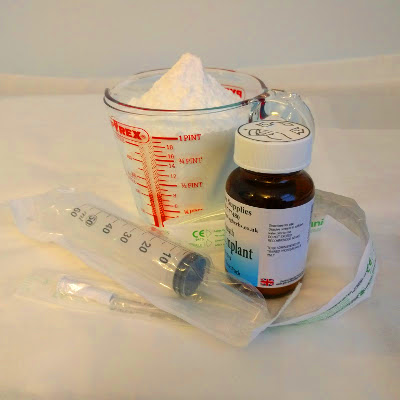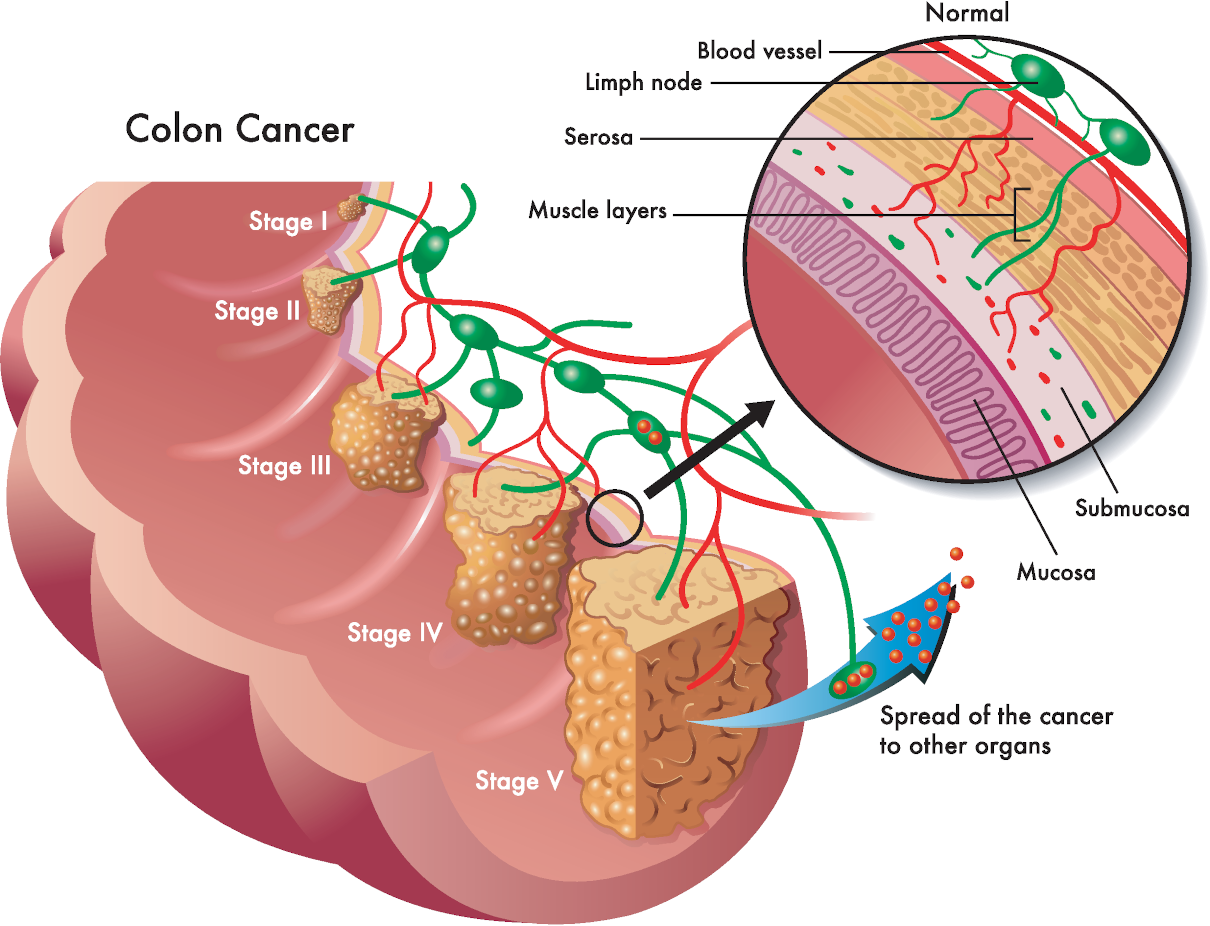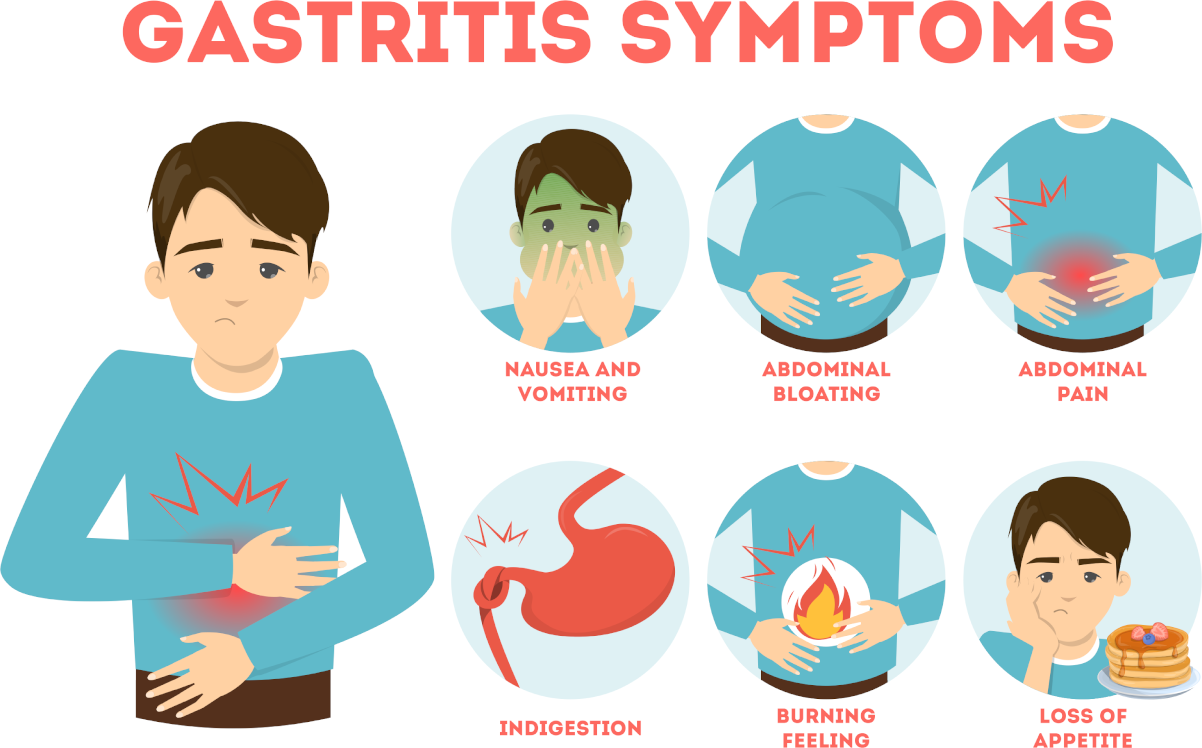
Constipation can accompany various digestive system diseases, such as gastric and duodenal ulcers, chronic colitis, irritable bowel syndrome, chronic cholecystitis, haemorrhoids, rectal fissures, and benign and malignant tumours in the intestines. Colon hydrotherapy in Wales will help restore normal bowel function and relieve constipation.
Symptoms
Seek immediate medical attention if stool retention is accompanied by symptoms such as:
- cramping abdominal pain;
- fever;
- nausea, vomiting;
- blood in the faeces or a change in its colour to black;
- pain in the rectum;
- The alternation of episodes of constipation and diarrhoea;
- noticeable weight loss.
Sometimes, correcting the diet is necessary to adjust bowel movements. Also, colon hydrotherapy in Wales can help rid the body of waste and harmful substances that have already accumulated.

One colonic irrigation session including consultation
Colon irrigation and comprehensive consultation with a professional colon hydrotherapist registered with RICTAT and ARCH at the Parkland Clinic in Holborn. We use a closed system only—London’s best colonic hydrotherapy deal.
Proper nutrition and colon hydrotherapy in Wales
Introduce bran bread and wholemeal bread on the menu. Pay attention to some fruits and vegetables.
Some fermented foods may strengthen intestinal peristalsis. For instance, sour acidophilic milk, yoghurt, one-day or two-day kefir, koumiss, and kvass are types of food. Moreover, drink more fluids – up to two or three litres daily. For a while, refuse cocoa, rice, white bread, chocolate, and black coffee as they have astringent properties. Do not abuse the refined foods such as white bread, polished rice, and pasta made from high-grade flour. There is practically no fibre in such products, which would “work” like a brush in the intestine. As a result, it removes all the waste substances from the colon on time.
Result
Colon hydrotherapy in Wales involves administering colonic dialysis followed by introducing a solution saturated with ozone or an infusion of various herbal extracts. This method of administration allows the substance to be absorbed directly through the mucous membrane of the colon, bypassing the enzyme systems of the stomach and duodenum. As a result, it has a powerful systemic effect, penetrating directly into the bloodstream due to diffusion. In some cases, the influence is far superior to the achievement of treatment with expensive drugs.

Probiotic implant and alkalising colonic with bicarbonate of soda
Alkalising colonic irrigation with bicarbonate of soda and high strength probiotic implants and comprehensive consultation is available at Parkland Natural Health Clinic.










